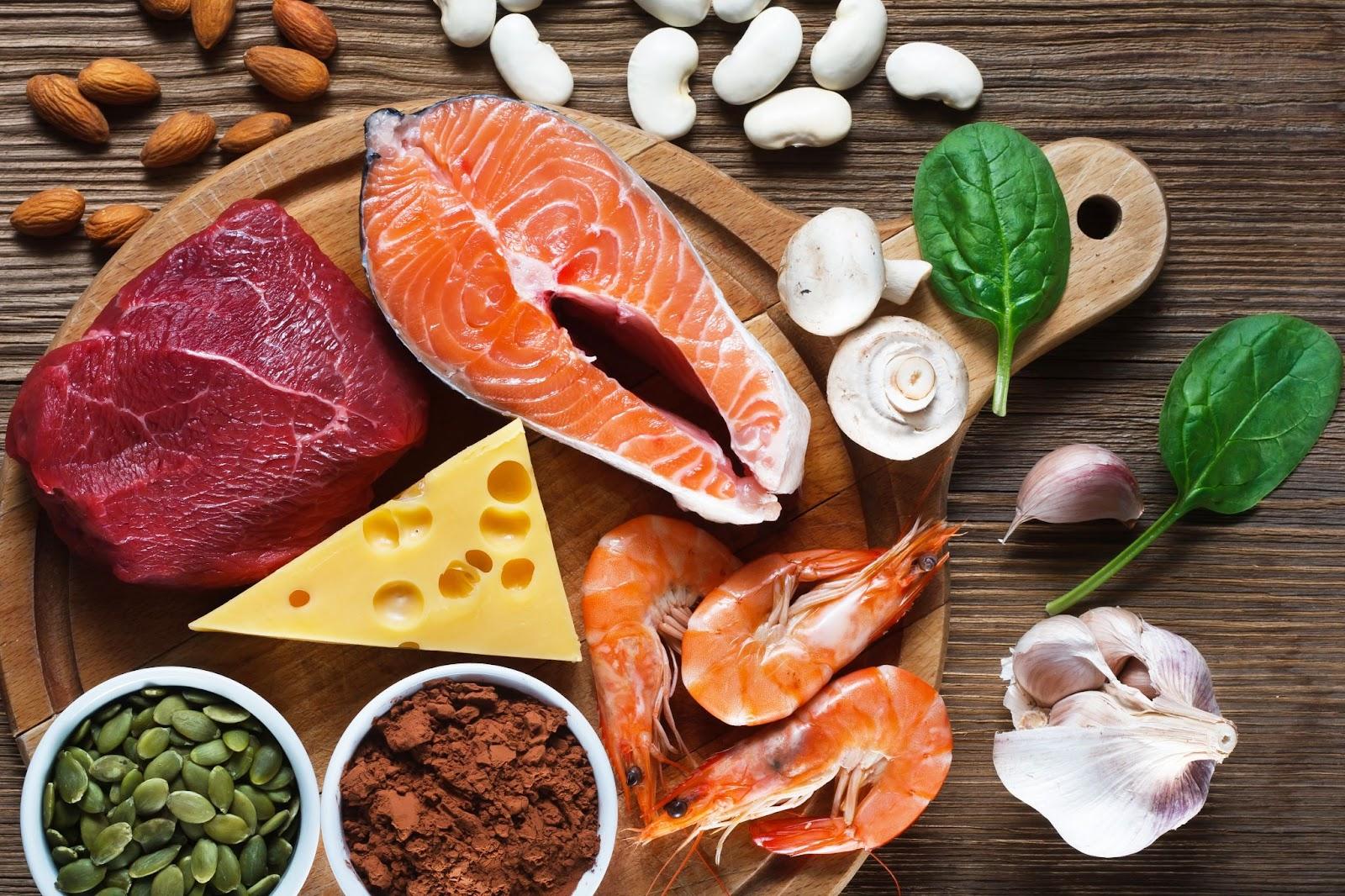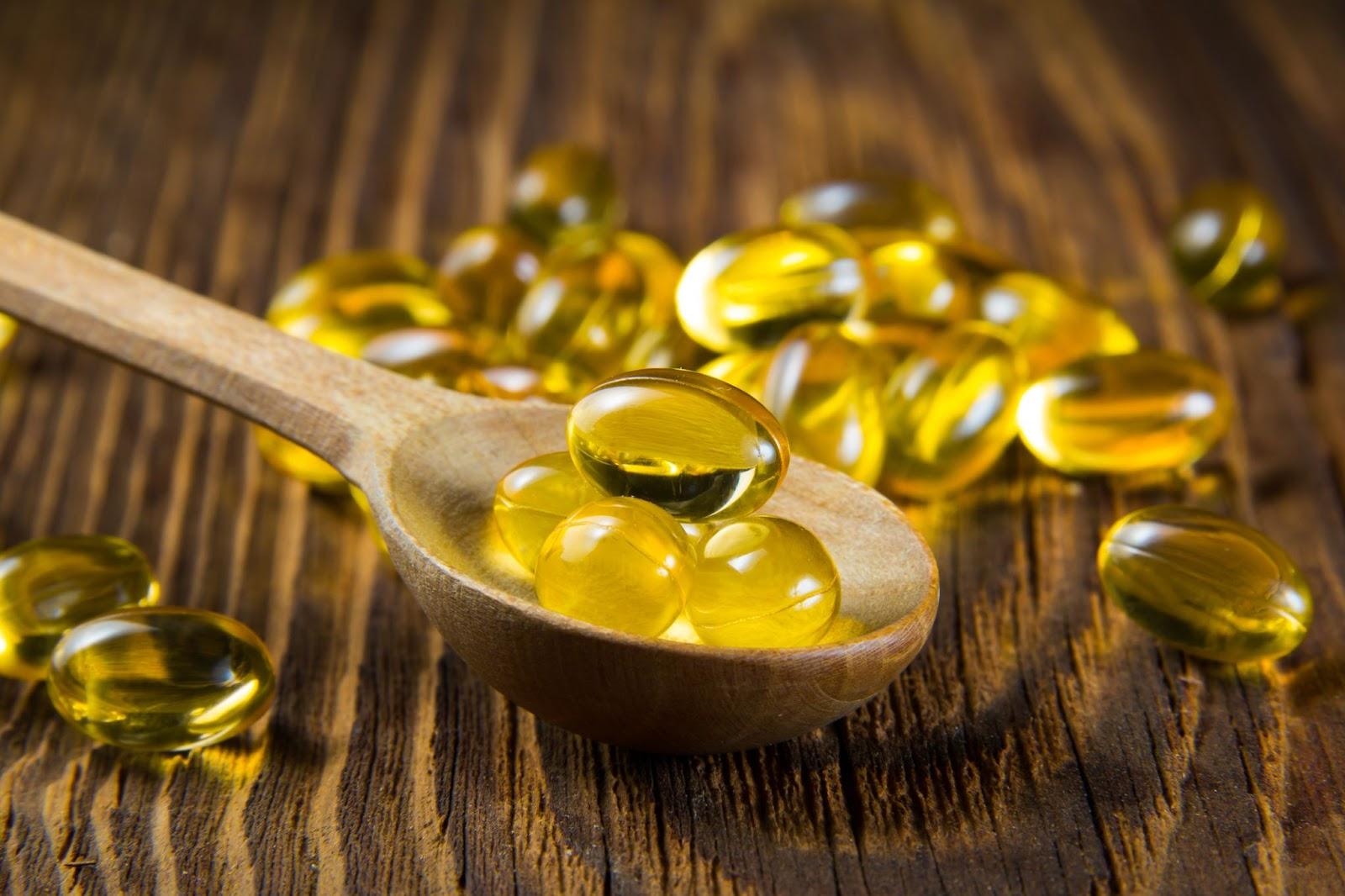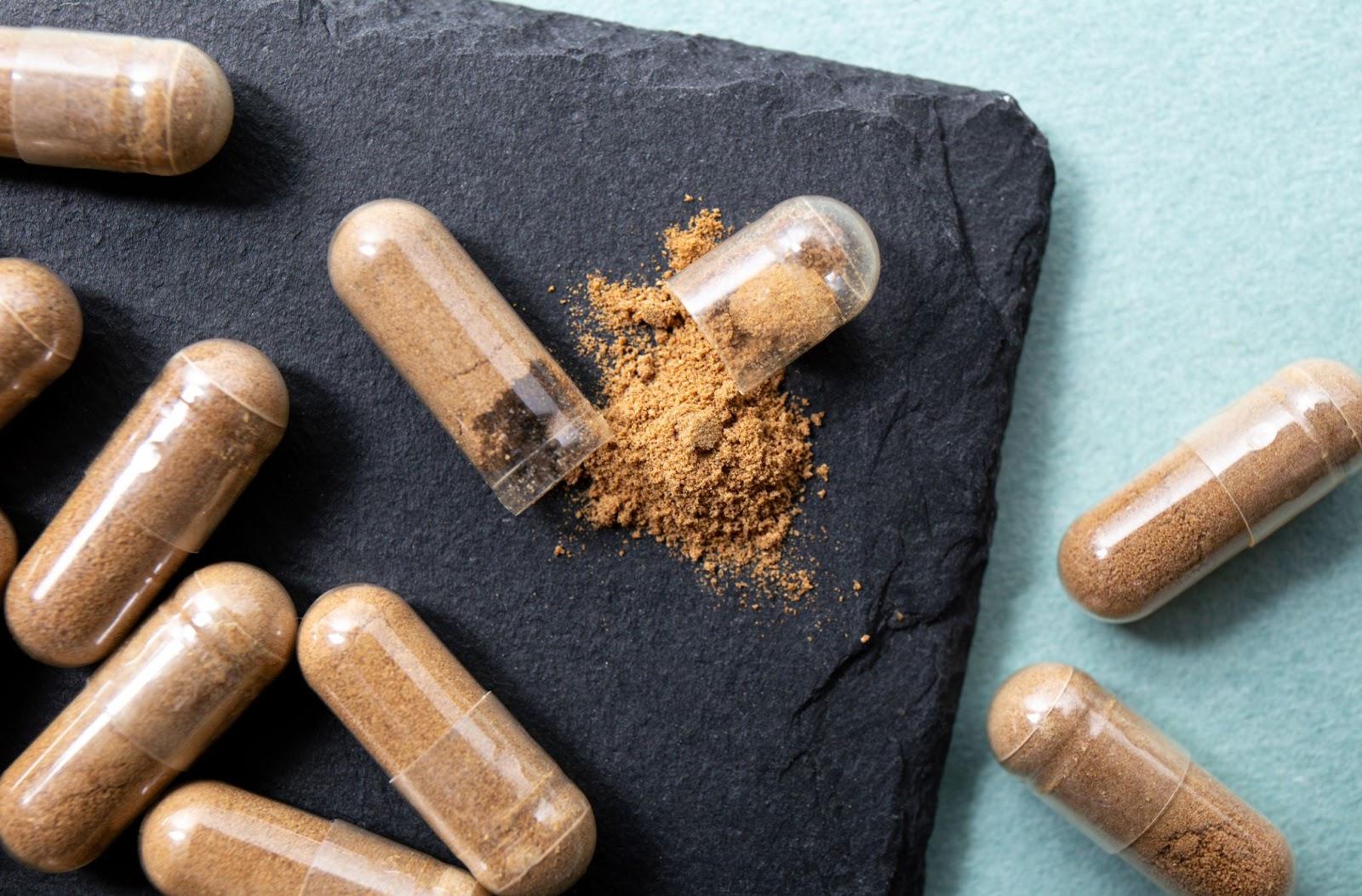As testosterone levels decline with age, many men look for ways to naturally support their hormone health. From zinc and vitamin D to ashwagandha and high-testosterone foods, there’s no shortage of supplements and diet strategies claiming to boost testosterone.
But do they actually work?

Let’s explore what the research says (and doesn’t say) about natural testosterone boosters. We’ll look at common nutrients and herbal remedies, explore how diet plays a role, and discuss why these strategies may not be enough if you have a testosterone deficiency.
What Is a “Natural” Testosterone Booster?
When people talk about natural ways to boost testosterone, they usually mean lifestyle approaches: exercise, diet, supplements, and herbal remedies that don’t involve prescription medications. These strategies are widely available and often seen as a first step for men who want to optimize their energy, muscle growth, and performance.
While natural approaches may help support healthy testosterone levels, it's important to understand their limitations, especially for men with clinically low testosterone (hypogonadism).
Zinc and Testosterone

Zinc is one of the most studied minerals when it comes to testosterone. It plays a crucial role in hormone production and is involved in enzyme function, immune health, and reproductive health.
In a 2023 systematic review published in the Journal of Trace Elements in Medicine and Biology, researchers found a positive correlation between zinc intake and testosterone levels, particularly in men with zinc deficiency. Zinc supplementation in these individuals often led to measurable improvements in total testosterone.
However, this doesn’t mean “more zinc = more testosterone” for everyone. Supplementing zinc in men who already have adequate levels may not provide further benefit.
Takeaway: Zinc deficiency can lead to reduced testosterone. If your diet is low in zinc-rich foods (like red meat, shellfish, seeds, and legumes), you may benefit from supplementation, but it’s not a guaranteed testosterone booster in otherwise healthy men.
Vitamin D and Testosterone

Vitamin D has been linked to numerous important functions in the body, including maintaining calcium balance, supporting the immune system, and maybe supporting hormone health.
Vitamin D deficiency is relatively common and affects approximately 1 billion people worldwide. It is especially common in areas with limited sunlight, and men who work indoors or don’t get regular sun exposure may have low levels without realizing it.
In fact, research shows that to prevent vitamin D deficiency, you need about 20 minutes of sun exposure daily, exposing over 40% of the skin.
But does vitamin D boost testosterone? A randomized controlled trial published in Hormone and Metabolic Research in 2011 found that vitamin D supplementation increased testosterone levels in men. The increase wasn’t drastic, but it was statistically significant.
However, a 2023 systematic review found that while some studies reported a positive correlation between vitamin D and testosterone, others did not.
Takeaway: Vitamin D may play a role in supporting healthy testosterone levels, particularly in men who are deficient. While some studies show a positive link, the overall evidence is mixed. Still, maintaining adequate vitamin D is important for overall health and may be one piece of the larger hormone health puzzle.
Ashwagandha and Testosterone
Ashwagandha (Withania somnifera) is an adaptogenic herb traditionally used in Ayurvedic medicine to reduce stress and improve vitality. It’s gained popularity in the men’s health world for its potential testosterone-boosting effects.

In a double-blind, placebo-controlled study published in the American Journal of Men’s Health in 2019, overweight men aged 40–70 who supplemented with ashwagandha for 8 weeks experienced significant improvements in testosterone levels compared to placebo.
These findings are encouraging, but more research is needed, especially in younger, healthier men.
Takeaway: Ashwagandha may help support testosterone, but it’s not a replacement for medical treatment if you have a testosterone deficiency.
What Foods Increase Testosterone?
While no single food will dramatically spike your testosterone, some foods provide nutrients that are involved in testosterone production and regulation. Including these in your diet may support overall health and healthy hormone levels over time:
- Eggs: Rich in cholesterol, a building block of testosterone
- Oysters and shellfish: High in zinc
- Spinach, Swiss chard, and kale: Great magnesium sources
- Fatty fish (like salmon and tuna): Contain omega-3s and vitamin D
- Avocados and olive oil: Provide healthy fats that support hormone production
By contrast, research shows that individuals who prefer Western-style food (bread and pastries, dairy products and desserts) and those who eat out and consume fewer homemade foods are more likely to have low testosterone levels.
Similarly, extremely low-fat diets may contribute to lower testosterone levels over time compared to diets that include moderate amounts of healthy fat, likely because healthy fats and cholesterol are key building blocks for testosterone.
Takeaway: If you’re wondering what foods increase testosterone hormone levels, the answer is: nutrient-dense, whole foods that support overall health, not quick fixes.
How Effective Are Natural Methods?
For men dealing with lifestyle-related fatigue, stress, or mild symptoms, nutrition and supplementation may offer support. However, if you’ve been diagnosed with hypogonadism or if your testosterone levels are well below the recommended clinical range, natural remedies may not be enough.
Testosterone replacement therapy (TRT) is the only clinically validated treatment for testosterone deficiency. It restores hormone levels to a healthy range and addresses the root cause, not just the symptoms.
Natural supplements may help support hormone health, but they should never be marketed as a substitute for medical treatment if you truly need it.
Natural Ways to Boost Testosterone
If you want to explore the natural way to boost testosterone, start with the basics:
- Get your levels tested. You can’t optimize what you haven’t measured. Ask your doctor to check both total and free testosterone, or click here to order our At-home Men’s Health Panel.
- Clean up your diet. Reduce processed foods and prioritize whole foods that help improve your overall health and well-being over time.
- Lift weights. Resistance training is one of the most effective ways to stimulate natural testosterone production.
- Get 7–9 hours of sleep. Most testosterone is released during sleep.
- Reduce stress. Chronic stress raises cortisol, which can suppress testosterone.
- Supplement wisely. Consider zinc, vitamin D, or ashwagandha if blood tests or lifestyle factors suggest a need, but always speak with your healthcare provider before taking any new supplements to ensure they are safe for you.
-
When Supplements Aren’t Enough
Natural testosterone boosters have their place. They can be part of a well-rounded approach to energy, fitness, and overall wellness. However, if you’re dealing with persistent symptoms or low testosterone, like fatigue, muscle loss, low libido, or mood changes, it’s time to go deeper.
TRT isn’t for everyone, but for the right candidates, it can offer life-changing improvements. The key is to get tested, stay informed, and work with a qualified healthcare provider who can help you decide the best course of action.
Want more guidance on testosterone, lifestyle, and performance? Sign up for our newsletter to get updates straight to your i
.svg)


.svg)






